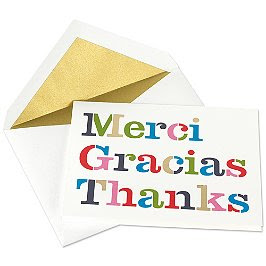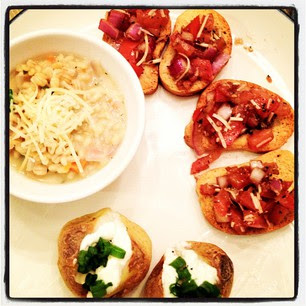 Personally, I love my book club, despite that there are only three of us and we talk about the book for ten minutes, tops. We meet a few times a month for happy hour anyway and decided a book every month or two would just be icing on the cake. We take turns making choosing a book, so I decided that my Top Ten Tuesday (from The Broke and Bookish) would be books that I'd consider choosing when my turn comes around next. Be warned, I haven't read any of them, but I do own them all:
Personally, I love my book club, despite that there are only three of us and we talk about the book for ten minutes, tops. We meet a few times a month for happy hour anyway and decided a book every month or two would just be icing on the cake. We take turns making choosing a book, so I decided that my Top Ten Tuesday (from The Broke and Bookish) would be books that I'd consider choosing when my turn comes around next. Be warned, I haven't read any of them, but I do own them all:1. When the Killing's Done by TC Boyle- I have a weird, twisted crush on freaky TC, made worse when he wrote this environmental novel about the Channel Islands.
2. Let the Great World Spin by Colum McCann- I have no doubt this will be a wonderful book and I'd love to have people to talk to about it.
3. Family Fang by Kevin Wilson- Quirky and humorous texts make great conversation over cocktails.
4. What I Talk About When I Talk About Running by Kazuo Ishiguro- I'm not sure if this would go over well, but I know I'm going to fall in love with Ishiguro's running and writing rhetoric.
5. Love in the Time of Cholera by Gabriel Garcia Marquez- This one could possibly be well received; a little history, some South American flare, and magical realism.
6. Lolita by Vladimir Nabokov- I'm always a little ashamed that I haven't read this, but there it stands on my shelf. Underage sex is another great cocktail conversation.
7. Composition No 1 by Marc Saporta- This is the infamous "book in a box," which equates to the grown up choose your own adventure story (it's a box full of individual sheets of paper that could be read in any order, supposedly). Either genius or a mess- the juries still out.
8. Changing My Mind by Zadie Smith- This collection of essay would be great to discuss with a group, I think. Smith is challenging and demands thought- done in a group would be very reminiscent of college (new Top Ten Tuesday meme- "Things You Do in a Group in College"- kidding, kidding).
9. Let My People Go Surfing by Yvone Chouinard- This nonfiction text would hopefully be an inspiring piece- Chouinard is one cool guy. He is a huge nature enthusiast and was also one of the founders of Patagonia, the clothing company.
10. Underworld by Don Delillo- First off, the obligatory "fuck Don Delillo!" Next, given the fact it's taken my something like 7 years to get through this, having the pressure of book club would make me finish it. Unfortunately, I don't think my counterparts would be on board with the nearly 1,000 door stop.





































